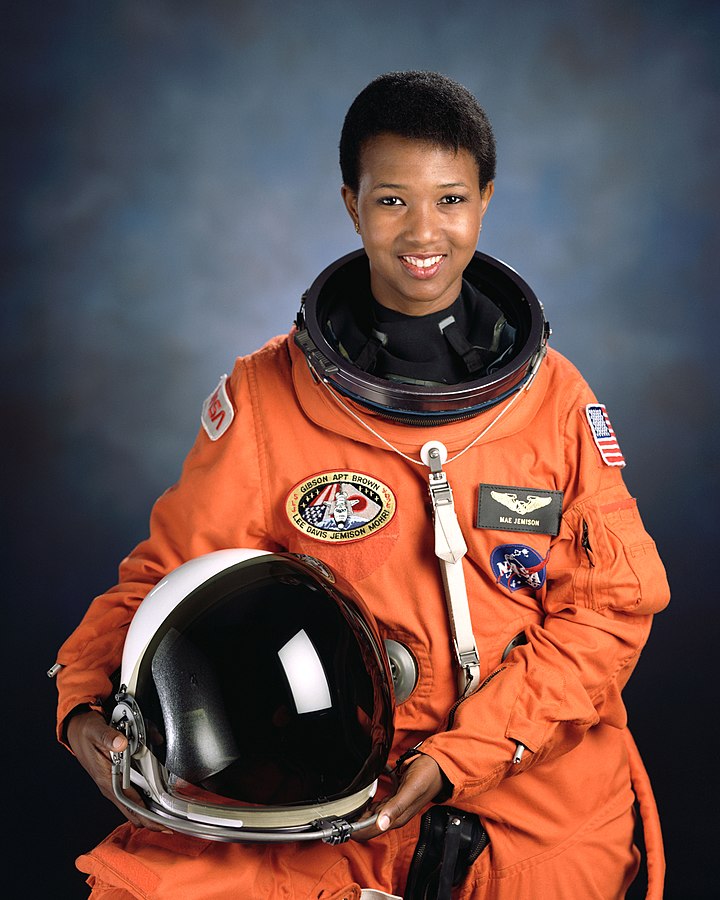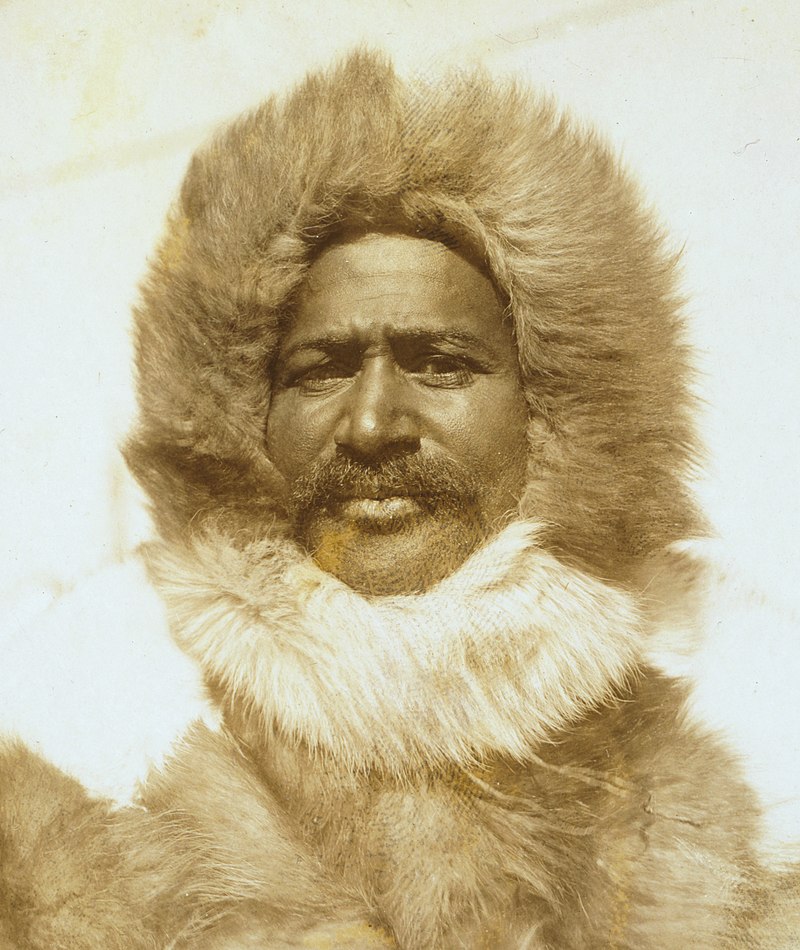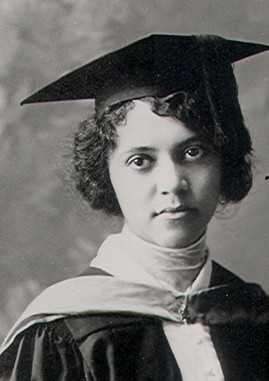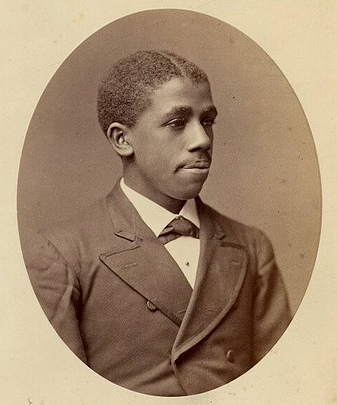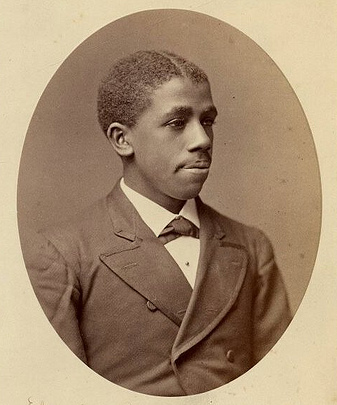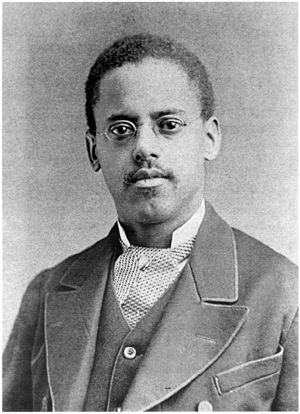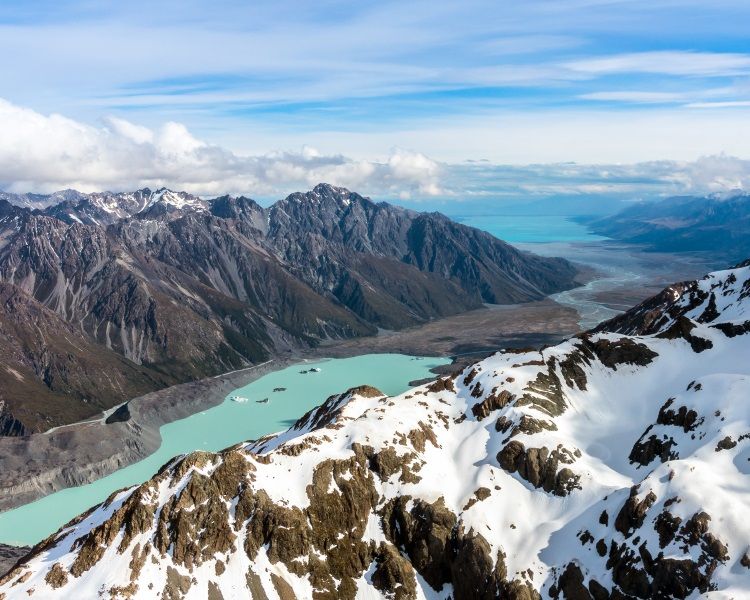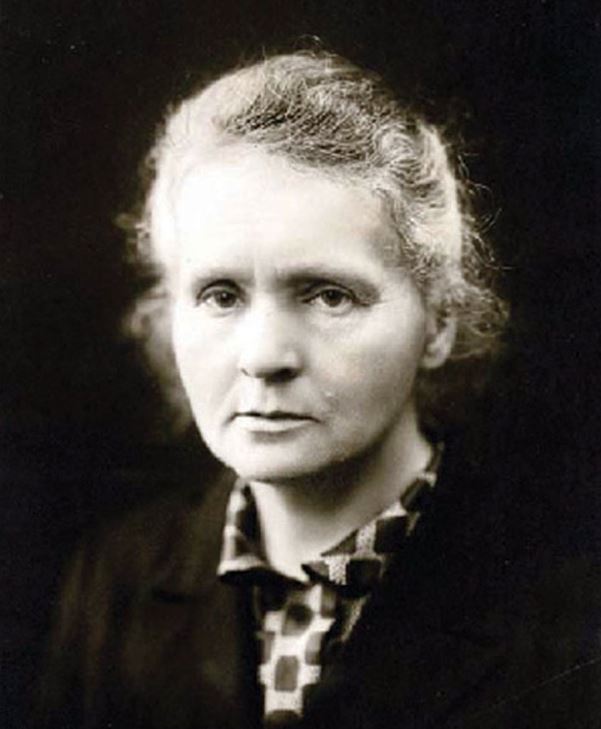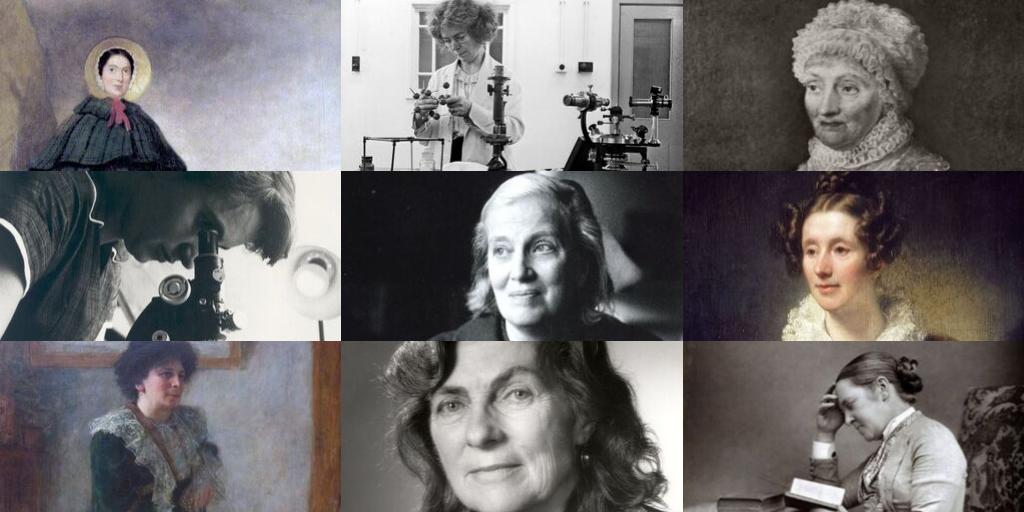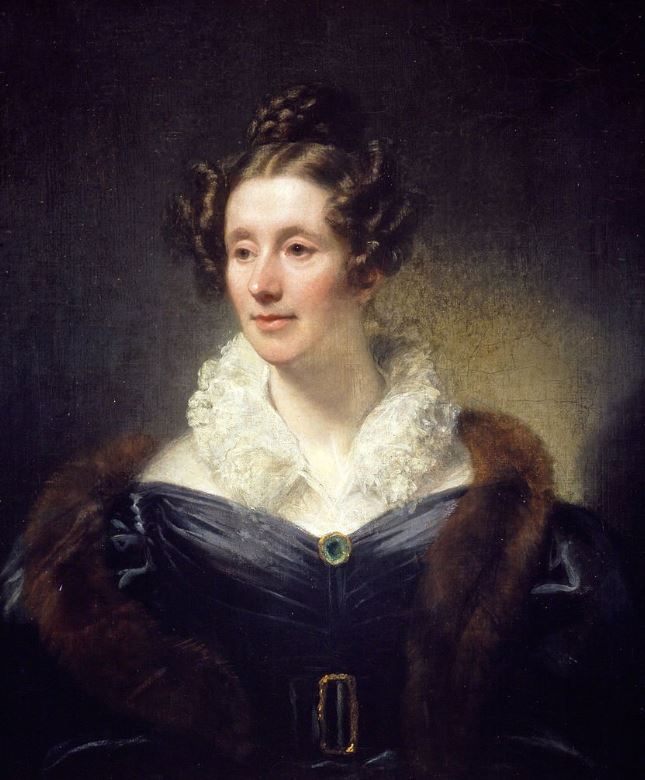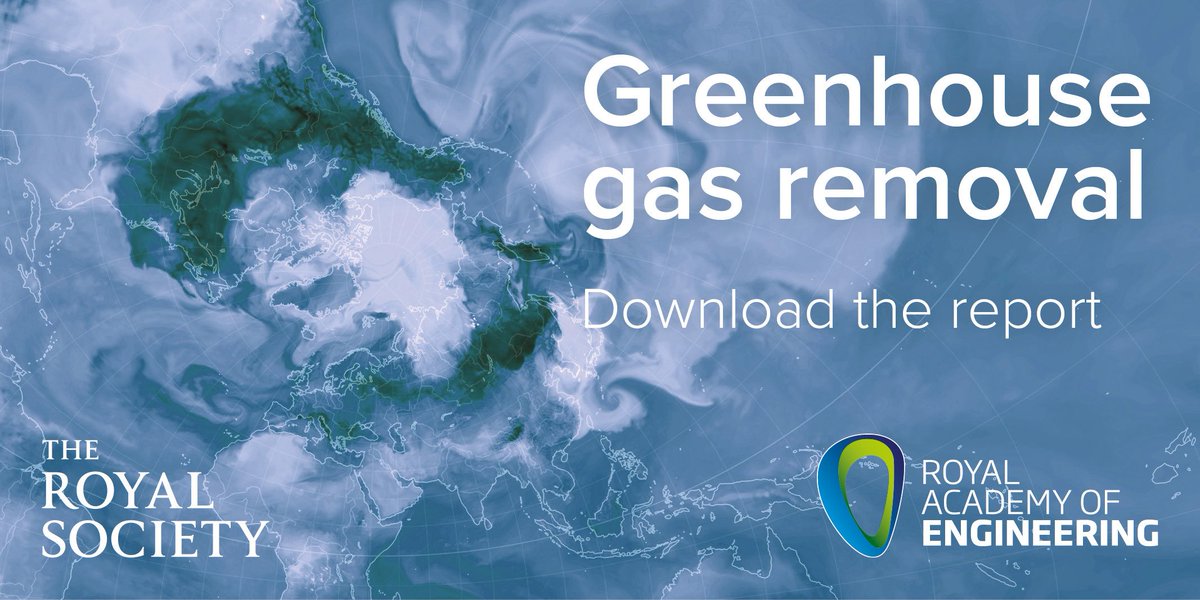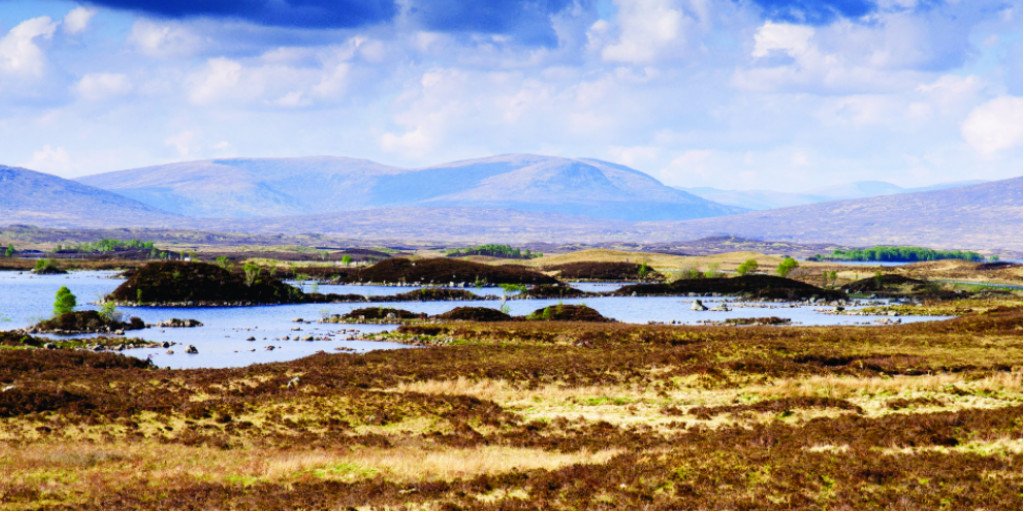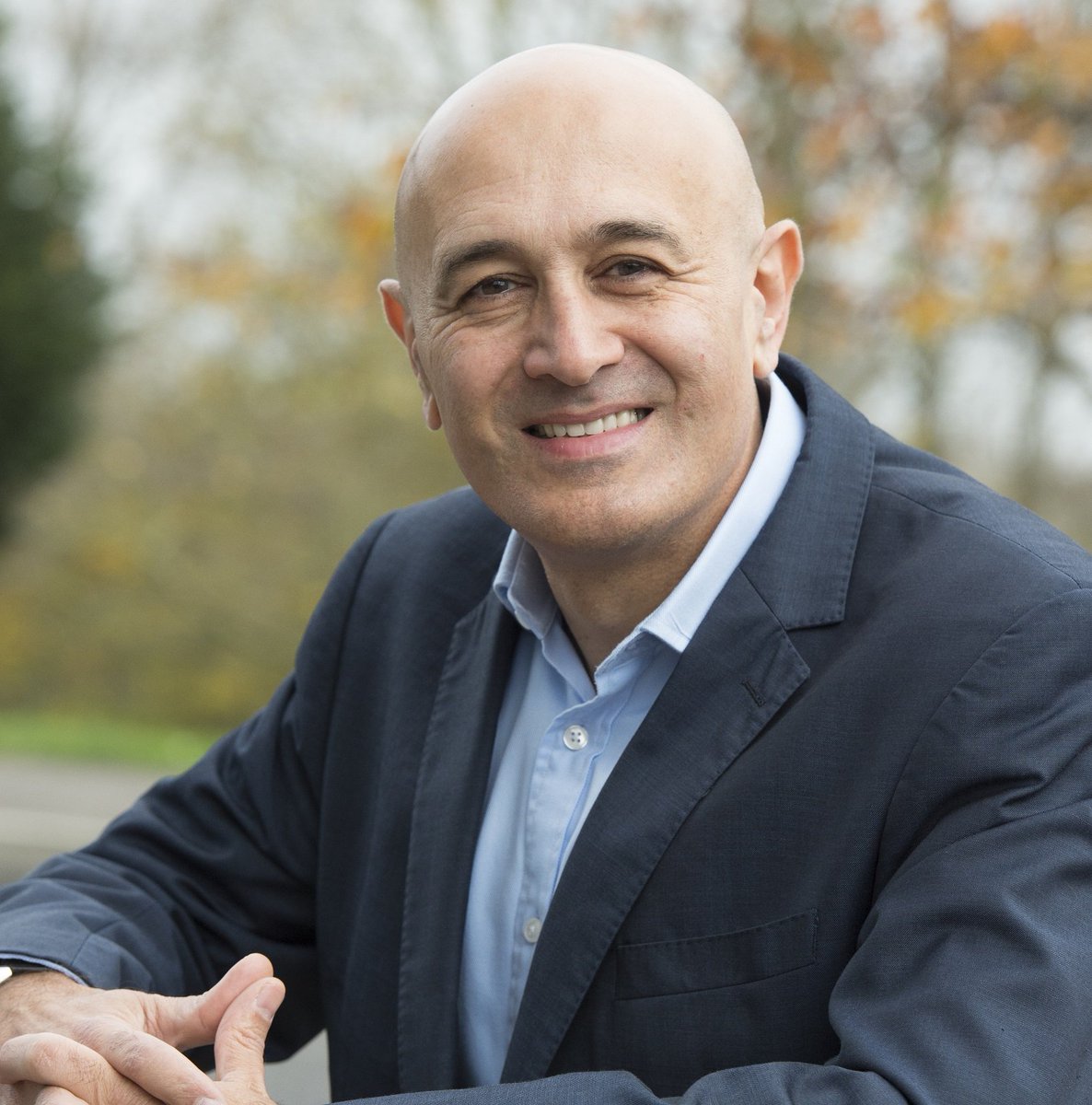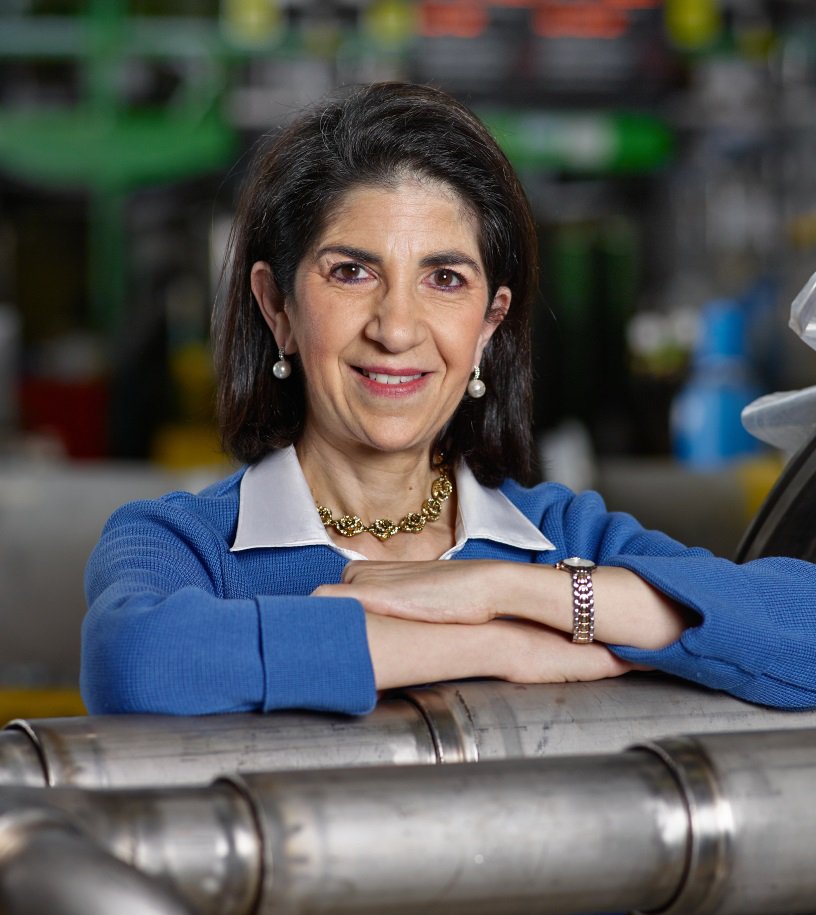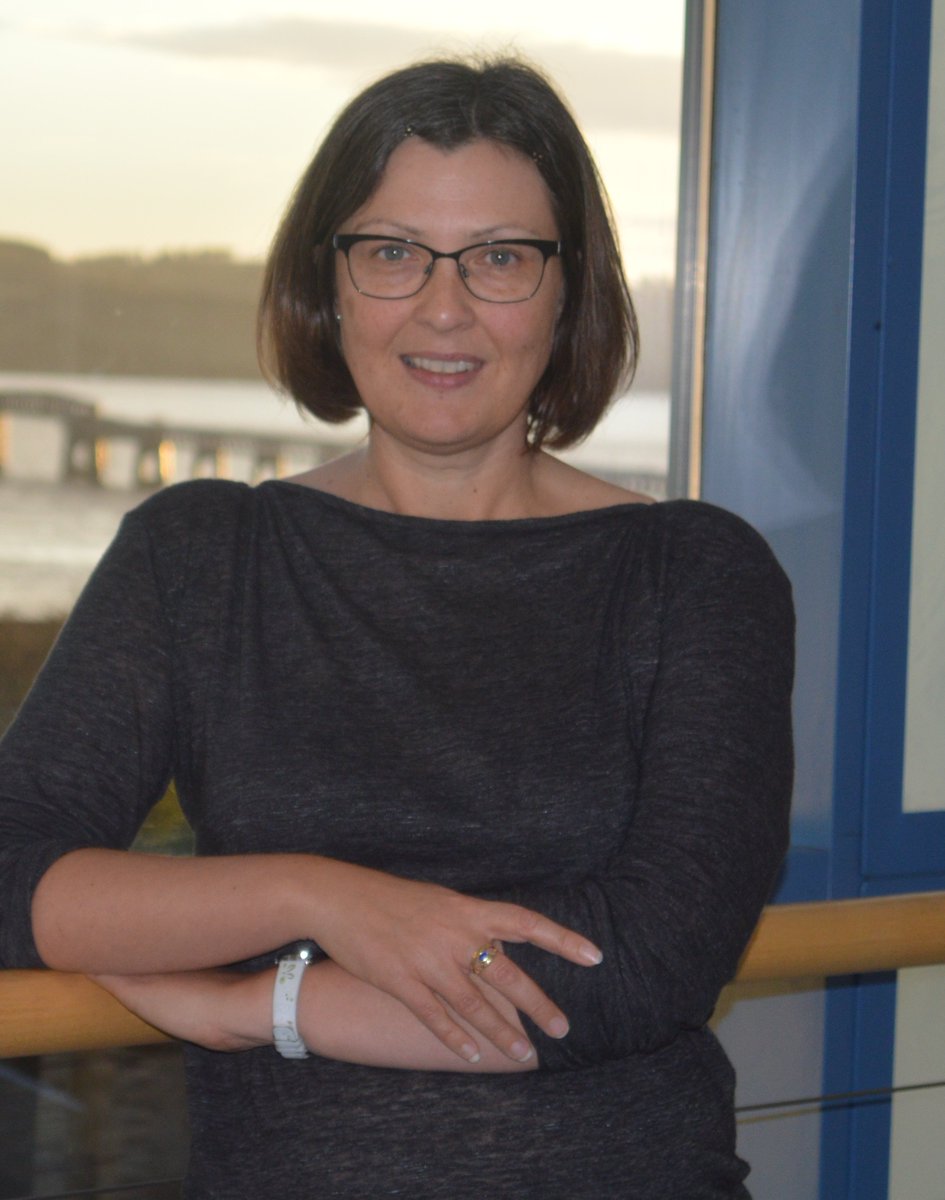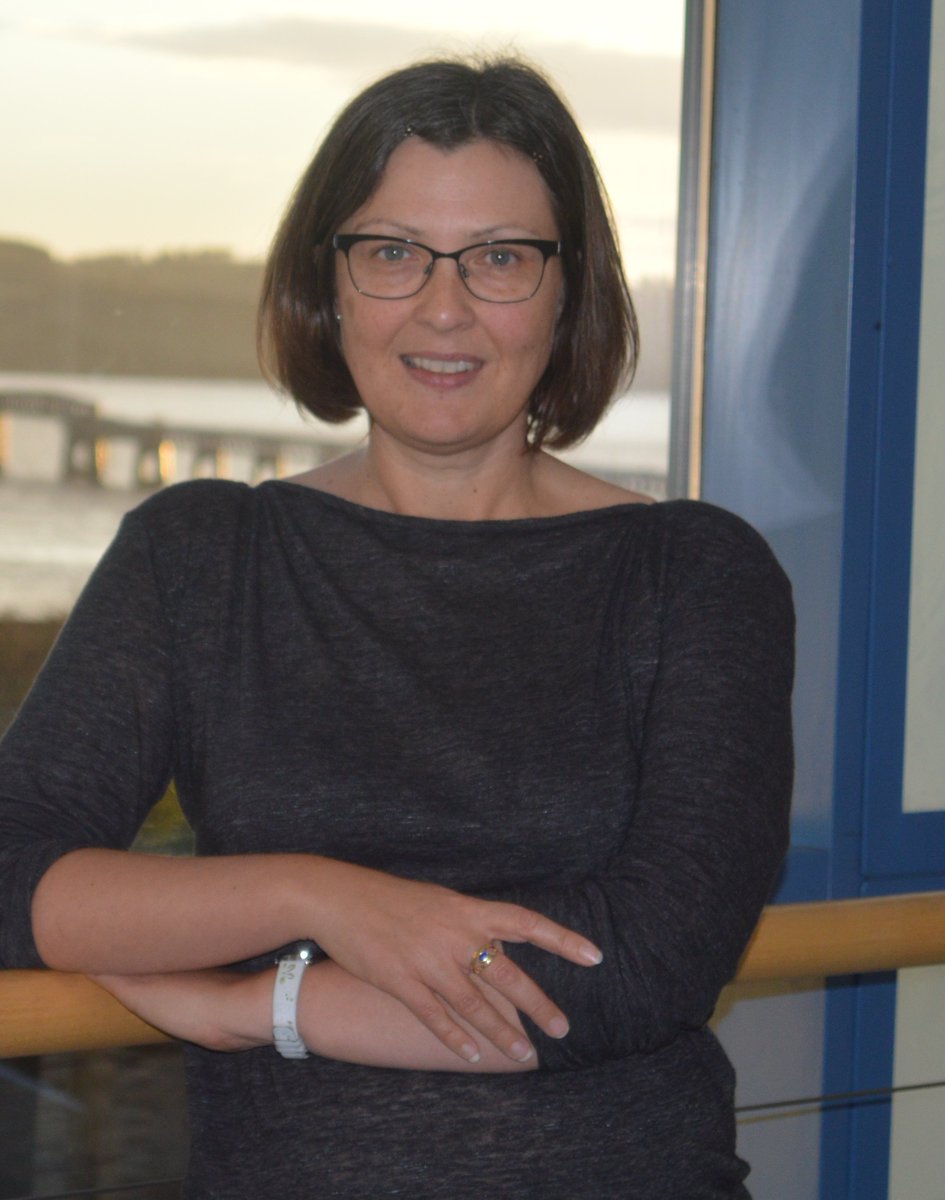
This #AdaLovelaceDay, read about the 10 most influential women in British science history, as chosen by leading female scientists: royalsociety.org/topics-policy/… 


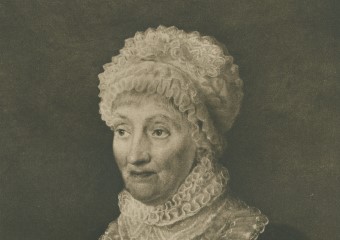
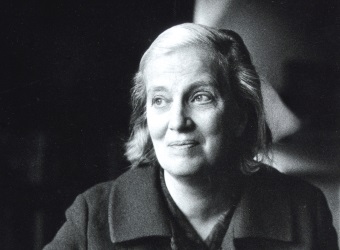
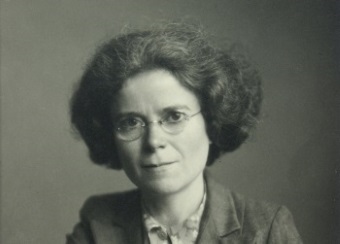
Ada Lovelace herself was an English mathematician, regarded as the world's first computer programmer. #AdaLovelaceDay celebrates the achievements of women in science, technology, engineering and maths. findingada.com/about/who-was-… 
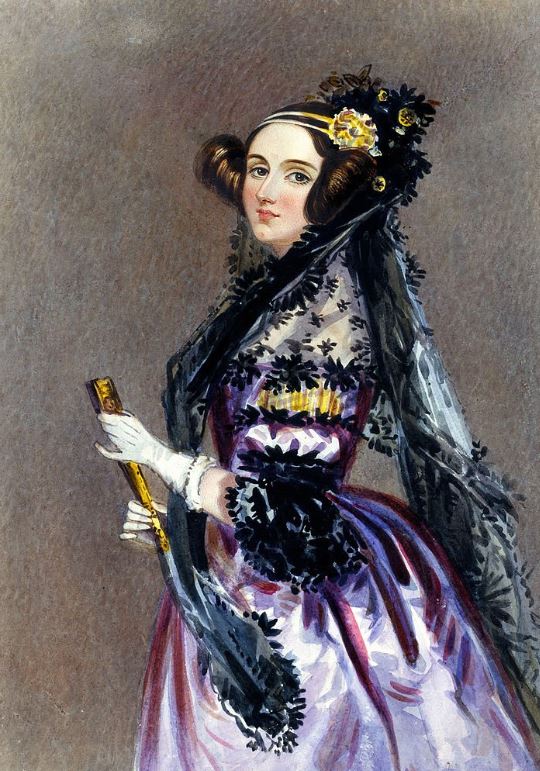
Caroline Herschel discovered several comets, was the first woman to receive a salary as a scientist and the first woman in England to hold a government position. Find out more in our @googlearts exhibit on the Herschel family. #AdaLovelaceDay artsandculture.google.com/exhibit/astron… 
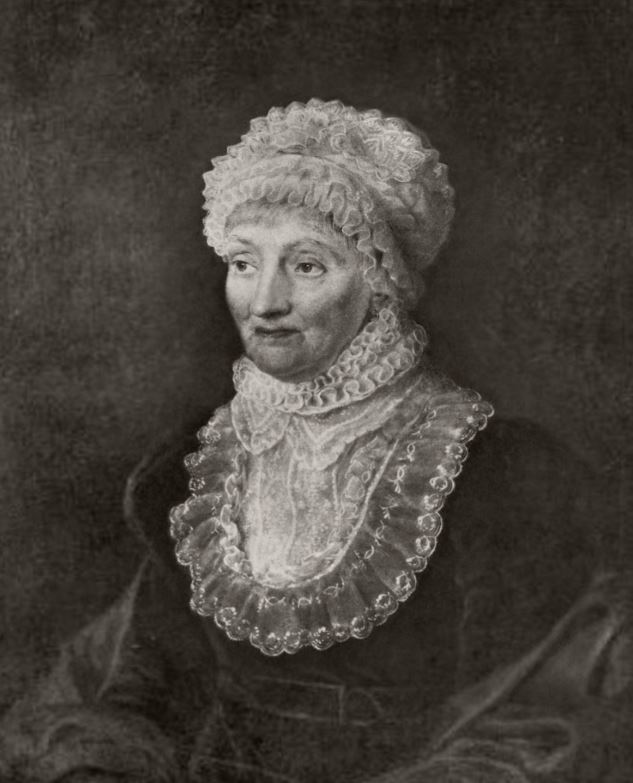
@googlearts Kathleen Lonsdale (1903-1971) was an early pioneer of X-ray crystallography, a field primarily concerned with studying the shapes of organic and inorganic molecules. She was the first woman, alongside Marjory Stephenson, admitted as a fellow to the Royal Society. #AdaLovelaceDay 
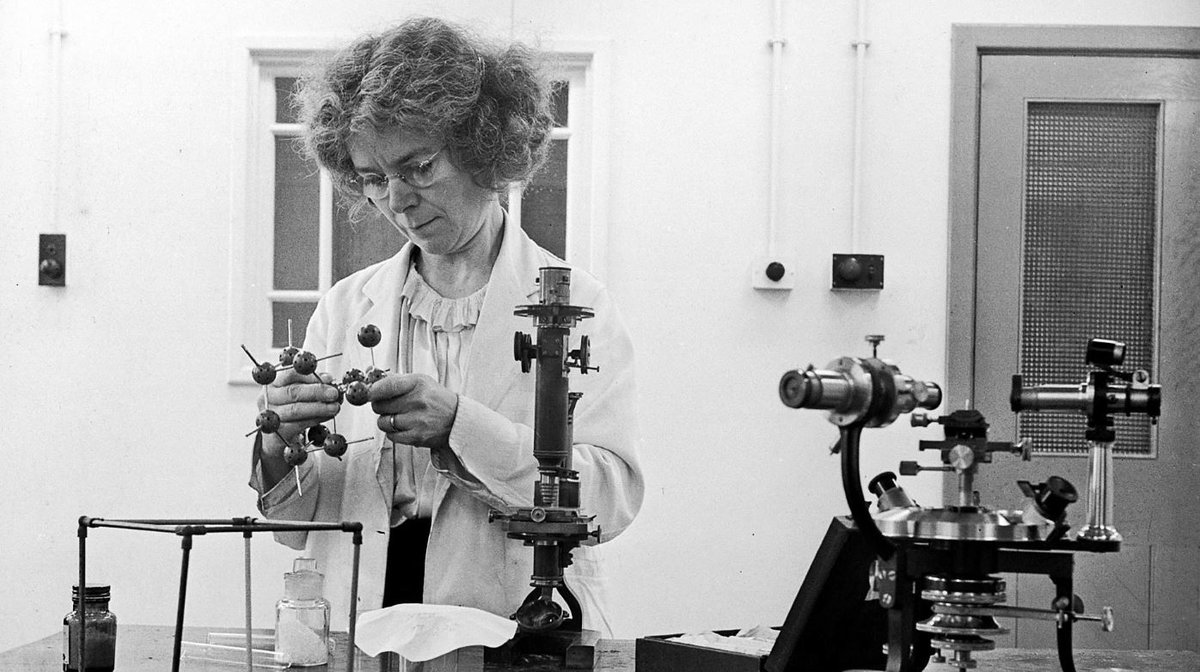
@googlearts Nominated more than once for the Nobel Prize, Dorothy Hodgkin (1910-1994) won in 1964 for her work on penicillin and vitamin B12. The English chemist and Nobel laureate also deciphered the structure of insulin in 1969 after 35 years of research. #AdaLovelaceDay 
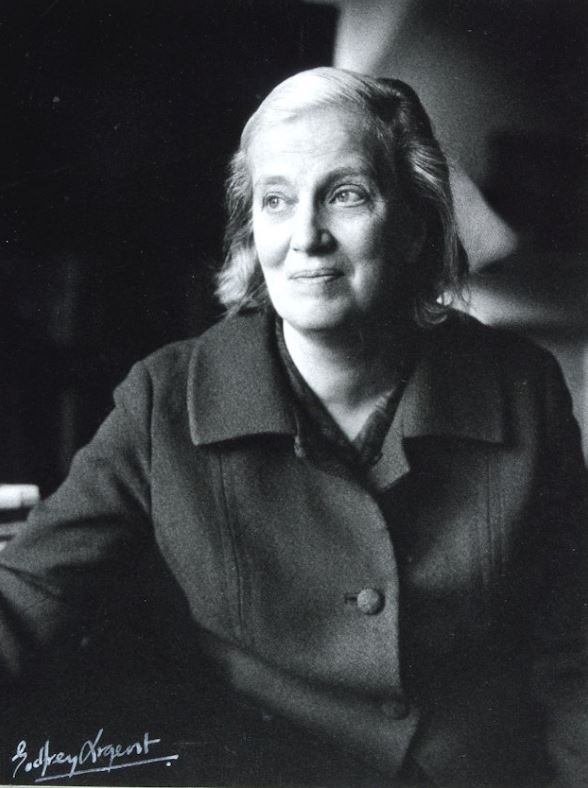
@googlearts Rosalind Franklin was a chemist & X-ray crystallographer whose work on X-ray diffraction images of DNA helped lead to the discovery of its structure, but her efforts were only recognised posthumously. #AdaLovelaceDay 
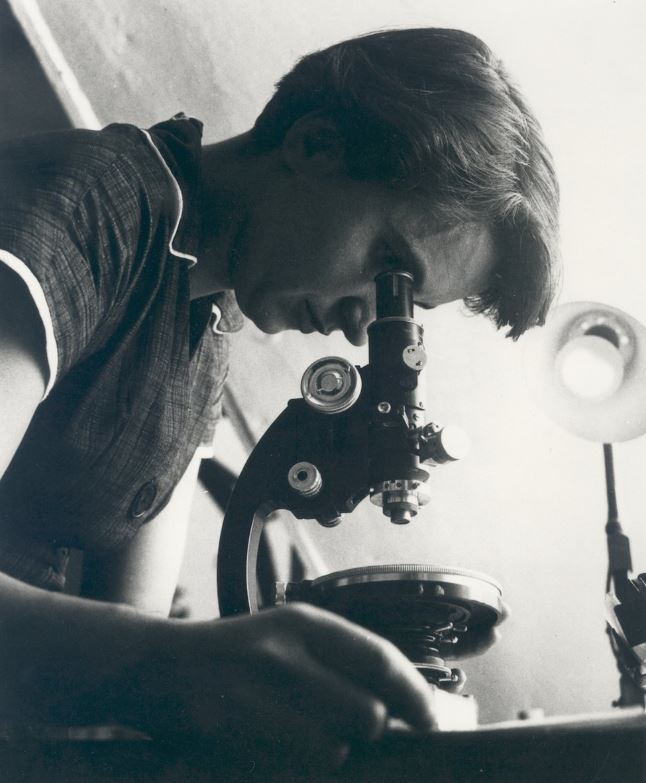
• • •
Missing some Tweet in this thread? You can try to
force a refresh

